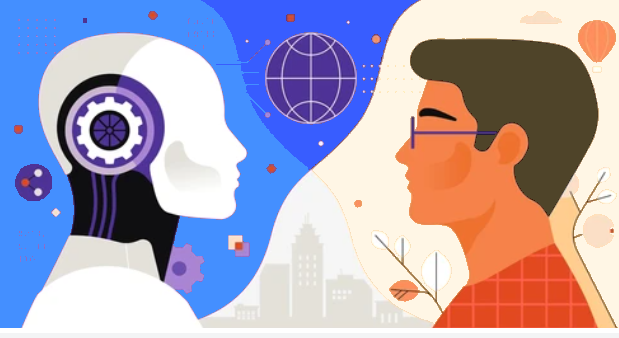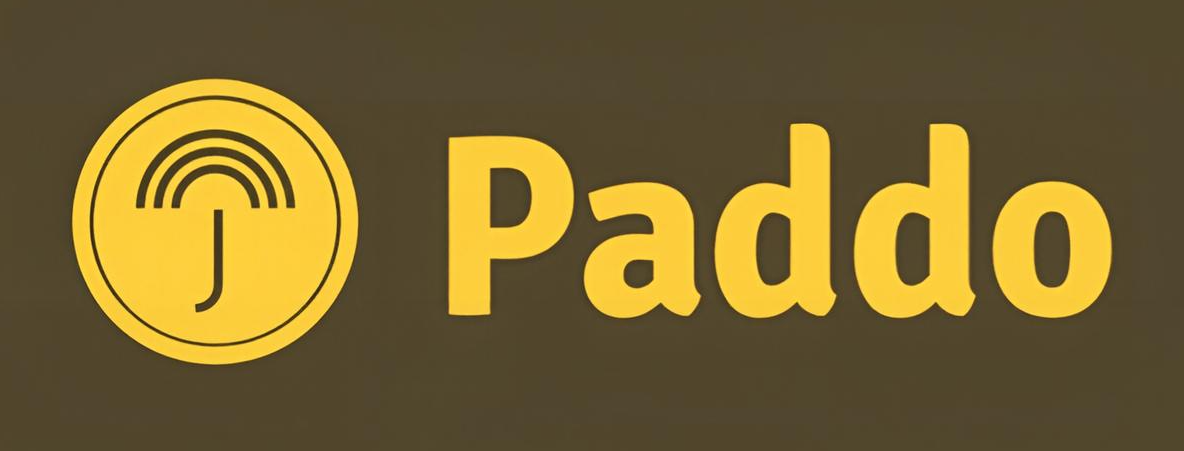AI Interview Tools in 2025: A Revolution or Risk

Artificial Intelligence (AI) is revolutionizing recruitment processes, offering unparalleled efficiency and data-driven insights. However, the rise of AI interview tools also comes with challenges, particularly in areas of human skill development and social implications.
The Revolution
1. Time-Saving and Efficiency Gains
AI tools streamline tedious recruitment tasks, such as scheduling interviews and filtering resumes. Companies using AI-driven scheduling tools report a 36% reduction in administrative time, enabling HR teams to focus on strategic initiatives.
2. Enhanced Data-Driven Hiring
AI can assess candidates using advanced algorithms, analyzing speech patterns, body language, and responses. These tools claim to improve hiring accuracy by up to 50%, especially in high-volume recruitment.
3. Reduced Costs but Ethical Questions
AI reduces the cost per hire by automating early-stage recruitment processes. Yet, reliance on AI raises ethical concerns, as 40% of organizations cite AI bias as a significant hurdle. Poorly trained algorithms may unintentionally favor certain groups, impacting diversity and fairness.
The Risks
4. Impact on Human Interaction and Social Skills
One downside of AI interviews is the reduced human interaction during the hiring process. Candidates miss opportunities to build rapport with interviewers, which can hinder their ability to showcase soft skills like empathy and communication. For industries reliant on interpersonal skills, this poses significant challenges.
5. Challenges for Job Seekers: Navigating AI Interviews
AI interviews pose unique challenges for candidates compared to traditional, human-led processes:
• Lack of Human Connection: Without real-time interaction, candidates miss the opportunity to use non-verbal cues or personal rapport to leave a positive impression.
• Technical Barriers: Many job seekers feel unprepared to navigate AI systems. Anxiety about camera use, poor internet connections, or unfamiliarity with technology can significantly impact performance. A survey found that 27% of job seekers feel intimidated by AI-driven interviews, potentially excluding qualified candidates.
• Unclear Evaluation Criteria: Unlike human interviewers who may provide verbal or non-verbal feedback, AI systems often leave candidates uncertain about how their responses were assessed.
This creates a dynamic where candidates not only have to prepare for the job requirements but also learn to adapt to an unfamiliar and often impersonal technology-driven process.
6. The Risk of Over-Standardization
AI tools prioritize consistency, but this may lead to over-standardization, where creative or unconventional candidates are filtered out. This could stifle innovation and diversity in thought, crucial for problem-solving and leadership roles.
7. Broader Social Impacts
The increasing use of AI in interviews raises questions about societal dependency on technology. Over-reliance may erode essential human skills like active listening, adaptability, and intuition—qualities that machines cannot replicate
Conclusion
AI interview tools continue to reshape recruitment, sparking debates about efficiency versus inclusivity. What do you think—are these tools a net positive, or do their risks outweigh the benefits?
